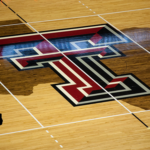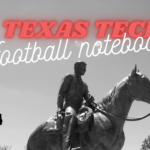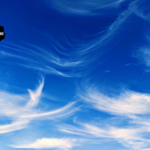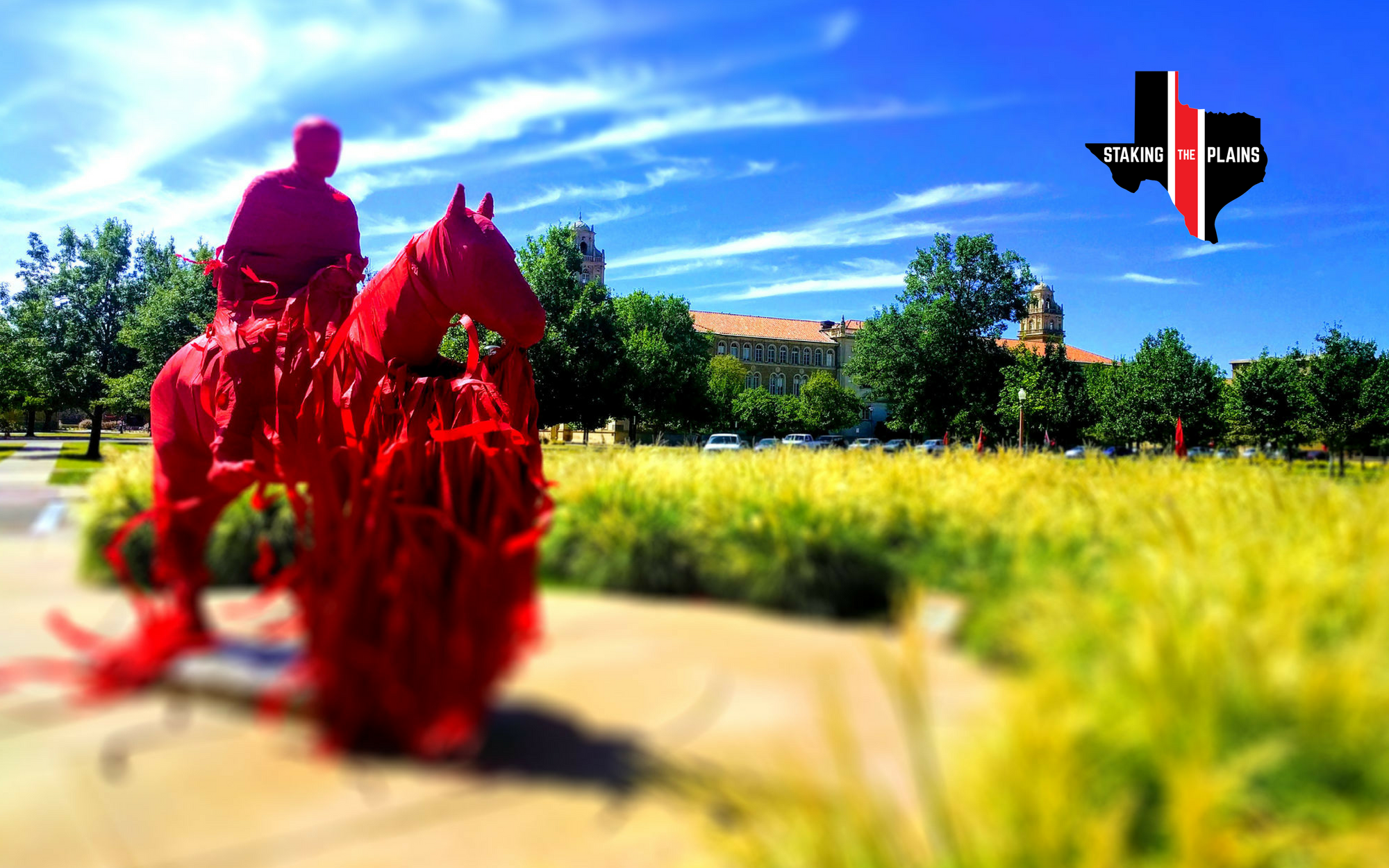This is going to replace the Morning Stake. There’s a lot to get to, but felt that yesterday’s Red Raiders United Walk was one that needed its own post and there was additional news that seemed to go along with what was happening in Lubbock.
Tony Bradford, Jr. approached Player Development staff member Troy Kema about doing a Red Raiders United Walk, which because of COVID-19, they moved to a campus walk at the suggestion of Texas Tech athletic director Kirby Hocutt and president Lawrence Schovanec.
Bradford, if you recall, wrote the post about how he worked for Texas Tech security and wants to be a police chief. Bradford wrote that he thinks that he can help bring social change in that role as a police chief and made it clear that he wants to use his platform to help bring social change.
Bradford also said that the team has the coaches full respect and have had no issues when the players have presented things to coaches about what they wanted to do.
Avalanche Journal’s Carlos Francis, Jr. write about the press conference and the walk:
“It’s just a time for change,” Bradford said via a Zoom interview Sunday. “It’s time for my generation to step up. I refuse to be the next victim. I refuse to see it happen again. This isn’t a simple walk.
“It’s just a peace thing that we’re going to do just to show the community that we are here. … We’re trying to get this in the right direction, and I’m glad that it’s happening.”
You can watch the press conference with Bradford and Ja’Marcus Ingram right here.
United for change.
🔴#WreckEm⚫️ pic.twitter.com/Kwoc9f9EXo
— Texas Tech Red Raiders (@TechAthletics) August 3, 2020
I could not agree more. It takes leadership and fortitude to lead during adversity. So proud of TTU, Coach Wells and Tony Bradford. https://t.co/YzqKKn91PX
— Chief Floyd Mitchell (@Chief_FMitchell) August 3, 2020
![]()
NBC Sports reports that the Pac-12 players are threatening to boycott the 2020 season over racial injustice and COVID-19 concerns. This is a list of the demands:
“Our [goal is to] obtain a written contract with the Pac-12 that legally ensures we are offered the following protections and benefits.”
* Ensure safe play during COVID-19
* Fight racial injustice
* Secure economic rights and fair compensation. “Distribute 50% of each sport’s total conference revenue evenly among athletes in their respective sports,” the players wrote in the Tribune piece.
* Protect all sports
* Obtain long-term health insurance
This is basically collective bargaining, but without the union doing it. I suppose I have a few thoughts here:
- This was bound to happen at some point, players realizing the power that they have and the disparity between what they receive for playing football and what the institutions and coaches receiving as being part of that machine.
- The players aren’t wrong to ask for things, but some of those things may be out of the control of the team and these institutions, at least for now.
- To go through these items one-by-one, I think that most institutions are doing safe things. I would imagine that most institutions are taking safety precautions pretty seriously.
- I think that most programs and coaches are part of the Black Lives Matter movement. Just like you see above, the coaches are present I believe that if you ask any of them to say and if they believe in the movement and I would guess it would be a resounding yes. Obviously, this dovetails with what was written about the united walk started by Bradford and supported by administration and coaches.
- The Pac-12 and these institutions cannot distribute 50% of conference revenue among all student-athletes. Currently, the system is in place for the NCAA to deem players ineligible if they receive compensation (more on this in a second). Even then, that’s just not something that’s going to be met most likely. And this is just revenue, not revenue after expenses. I don’t know how the NFL is structured, but I’d imagine that this is a significant negotiation, not one that you have a month before a season starts.
- I don’t know exactly what is meant by “protect all sports” other than maybe asking that they not be cut, but you can’t keep all sports if there is no football revenue, which is why everyone seems to be going through the motions to have a football season. If there is no season or if the players boycott, then this really all becomes irrelevant.
- I don’t know enough about health insurance (although I did just have to decide about insurance for my business recently and it is an absolute beating to figure out what’s the best plan) to determine how this would work, but I don’t know what is meant by “long term” and how long an institution or employer would be required to pay for insurance. I’ve asked my employees to work through this pandemic, but I’ve also told them that if they ever do not feel safe, then they should work from home. I’d imagine that programs would take a similar stance.
Bottom line, I don’t blame the players for wanting more. I think that’s absolutely normal when you see that programs bring in millions of dollars and none of that money is given to the student-athletes. And yes, the players receive scholarships, so that is something, but for football and men’s basketball especially, that is not the total value that they bring to their respective athletic departments. The disparity is significant for those sports that earn significant income for their institutions and those that do not.
The other item, to bring it back to Texas Tech is that it appears that the administration and coaches are doing their best to protect these student-athletes that choose to participate and they are supporting the players who want to voice their concerns about social injustice. We’ll see how this all plays out, but as of right now, I don’t think the Texas Tech players would boycott, but that may just be wishful thinking. And if they did, it seems as if there are some good lines of communication between the student-athletes and the athletic department.
![]()
I mentioned the NCAA and problems with the name, image, likeness and compensation issues, and SI’s Ross Dellenger and Pat Forde wrote on Saturday about the NCAA Board of Governors possibly cancelling fall sports, and Power 5 conference leaders have decided they would do their own championships if the NCAA did not, which would maybe be the first cog in breaking away from the NCAA:
In recent days, Power 5 conference officials began seeking feedback from their members about the feasibility of staging their own championships during the fall, sources told SI. When asked if such a move away from the NCAA championship structure could be seen as a precedent-setting rift between the national governing body of college sports and the Power 5, one athletic director said, “If I were (NCAA president Mark) Emmert, I’d be really worried about it. He’s got to keep the Power 5 together.”
Another Power 5 athletic director said he thinks the chances of breakaway fall championships are remote, but added, “I think this is representative of the poor relationship between the (NCAA) national office and our conferences.”
Multiple sources said part of the motivation for the Power 5 considering hosting its own fall Olympic sports seasons is to justify playing football, the revenue-driving sport for all athletic departments at that level. If all the other sports are canceled but football perseveres on its own, the optics would open up the schools to severe criticism. Thus, playing all fall sports would allow those schools to say that they are not uniquely subjecting football players to any risk.
Sources described the discussions about breakaway championships as preliminary in nature, the first steps in gauging both interest and feasibility. An Atlantic Coast Conference administrator said the concept is “hypothetical” in nature and not mature yet, but “if the NCAA does something, it could shift it from neutral to first gear.”
This is also one situations where we maybe all realize that the NCAA is basically a straw man, an institution that has little substance to what they do. The biggest reason to keep the NCAA is March Madness








